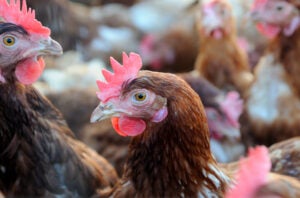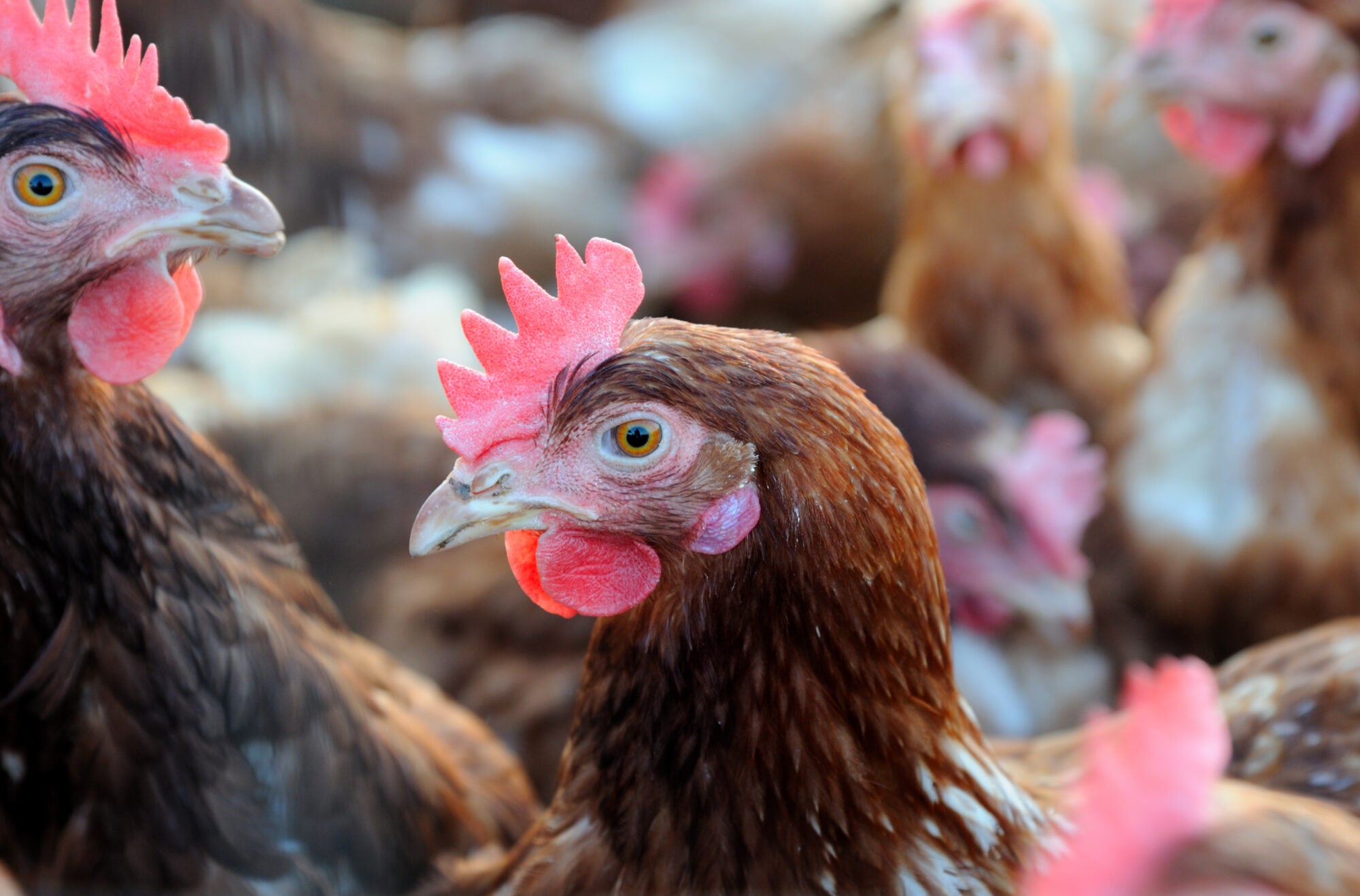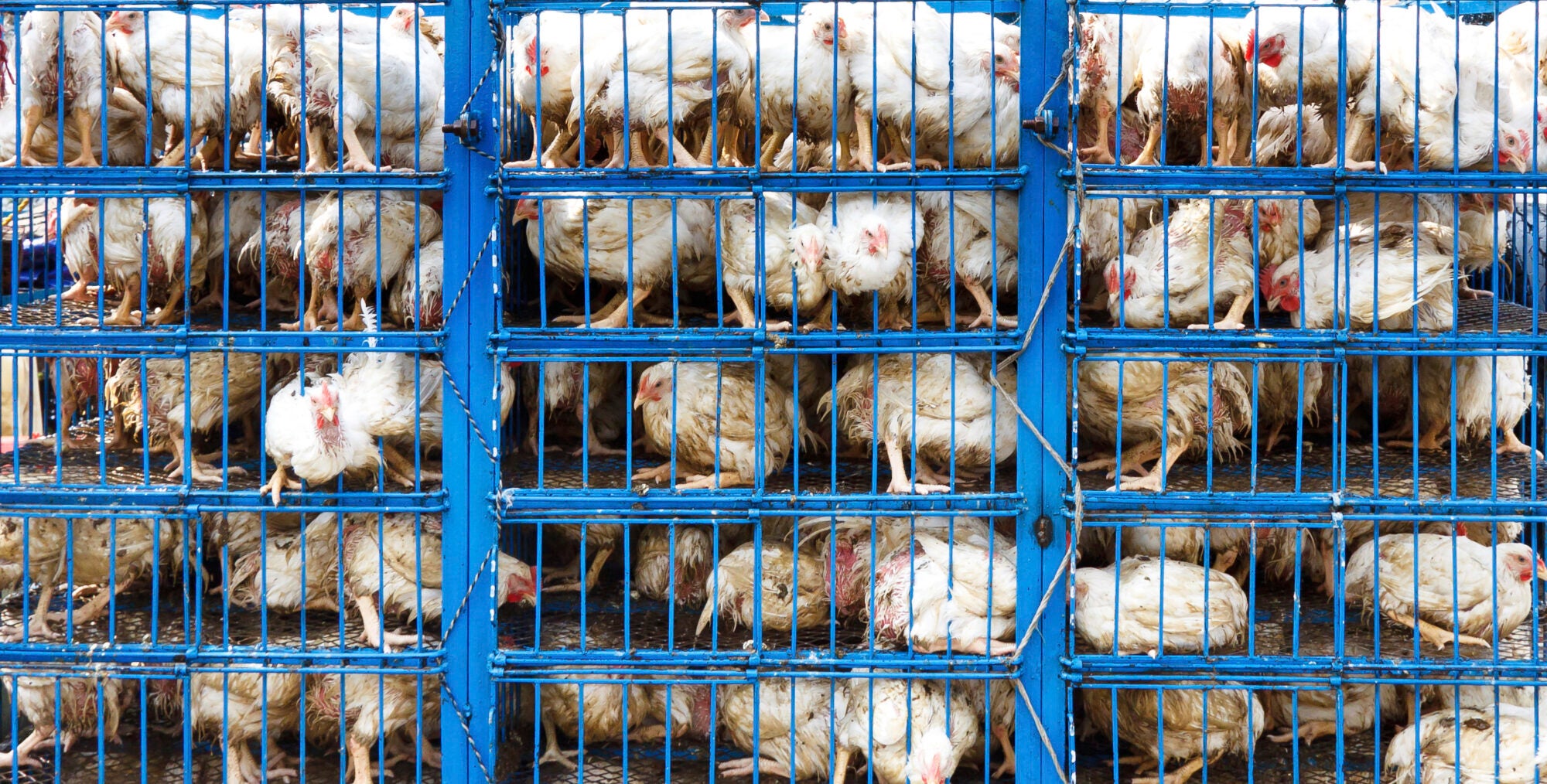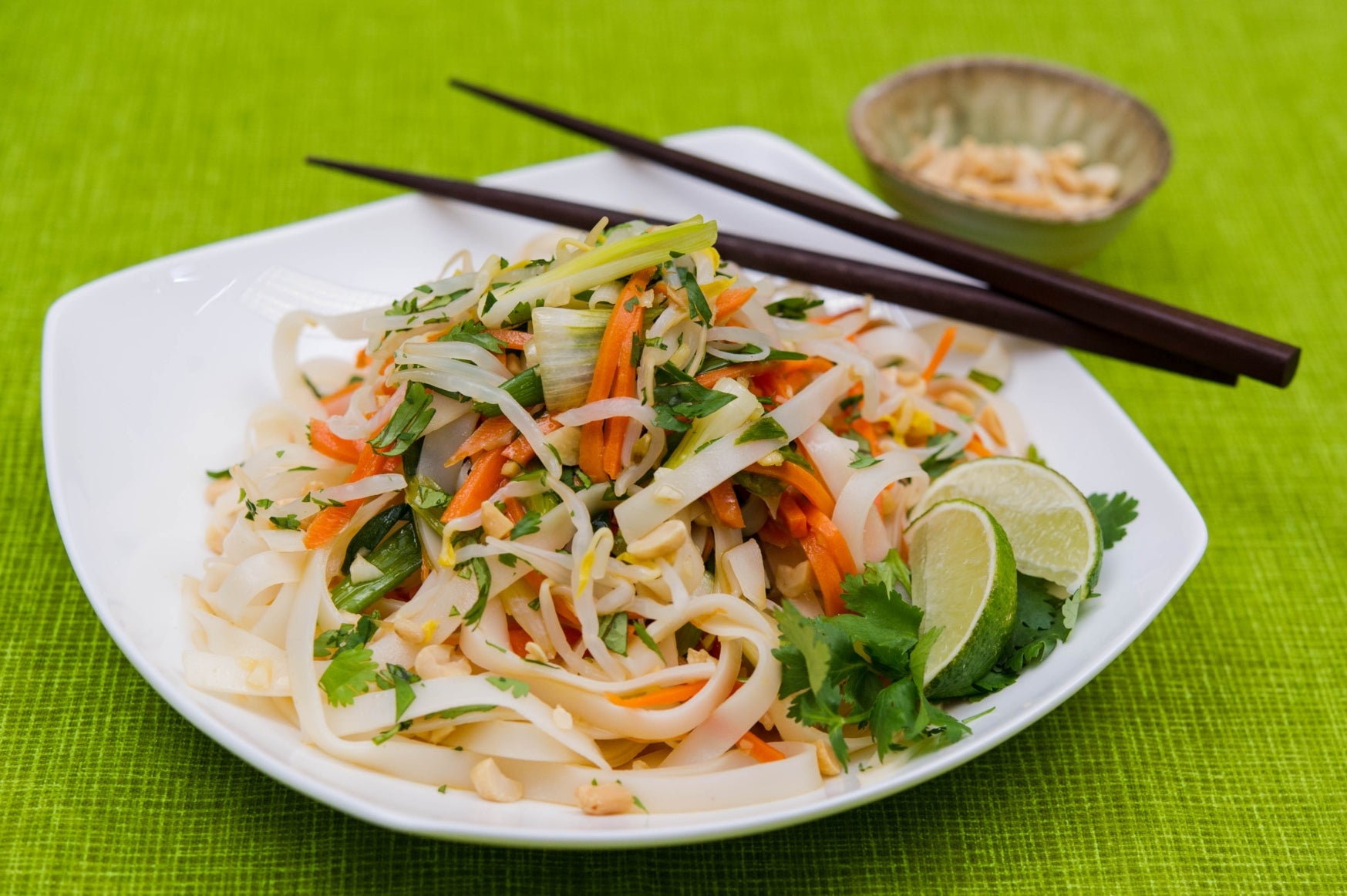
Update: As of October 2023, Rotruedee has published that it no longer buys eggs from caged hens.
BANGKOK, Thailand—Rotruedee, an authentic Thai restaurant, fully switched to cage-free eggs shortly after discussions with Humane Society International. Rotruedee’s swift shift to cage-free eggs is driven by their conviction that superior quality and compassionate sourcing of ingredients are pivotal factors to the flavor of the food they serve and the restaurant’s popularity and long-term growth.
The majority of the 95.8 million hens used for egg production in Thailand spend their entire lives in wire cages the size of an A4 sheet of paper, so small hens can’t spread their wings or take more than few steps. In such production systems, hens are unable to express important natural behaviors, including nesting, perching and dustbathing, all of which are possible in cage-free systems. Hens are sentient, intelligent and sociable animals. Scientific studies have shown that they can count, empathize with their chicks, enjoy social activities such as dustbathing, and can anticipate the future, which in turn affects their decision making.
Mr. Tupnapaat Jarumpornsakul, founder of Rotruedee, says: “When we set up this restaurant, we wanted to create an excellent and authentic Thai restaurant with reasonable prices offering a unique mix of common and rare dishes. After dialogue with Humane Society International, we understand how hens suffer in cages, and immediately chose to make a commitment to go cage-free. Improving animal welfare is a part of our goal of celebrating food and sustainability. We love to make the best food and want to make the biggest positive impact we can for society.”
“Thai people love animals, and Rotruedee’s commitment is a part of the growing cage-free movement in Thailand. We hope that Rotruedee’s quick implementation of its policy will inspire more restaurants to stop buying caged eggs,” said Lalada Tangjerdjaras, Thailand Program Manager for Farm Animal Welfare at Humane Society International.
Humane Society International’s work to improve the welfare of animals in agriculture is both science-based and collaborative. The organization works with companies, farmers, processors, scientists and certifiers to support a transition to cage-free housing systems, and offers a wide range of support to companies including farm visits, consumer education and corporate roundtables and workshops to enhance their supply chains.
ENDS
Media contact: Lalada Tangjerdjaras, Thailand program manager for farm animal welfare and protection at Humane Society International, ltangjerdjaras@hsi.org



